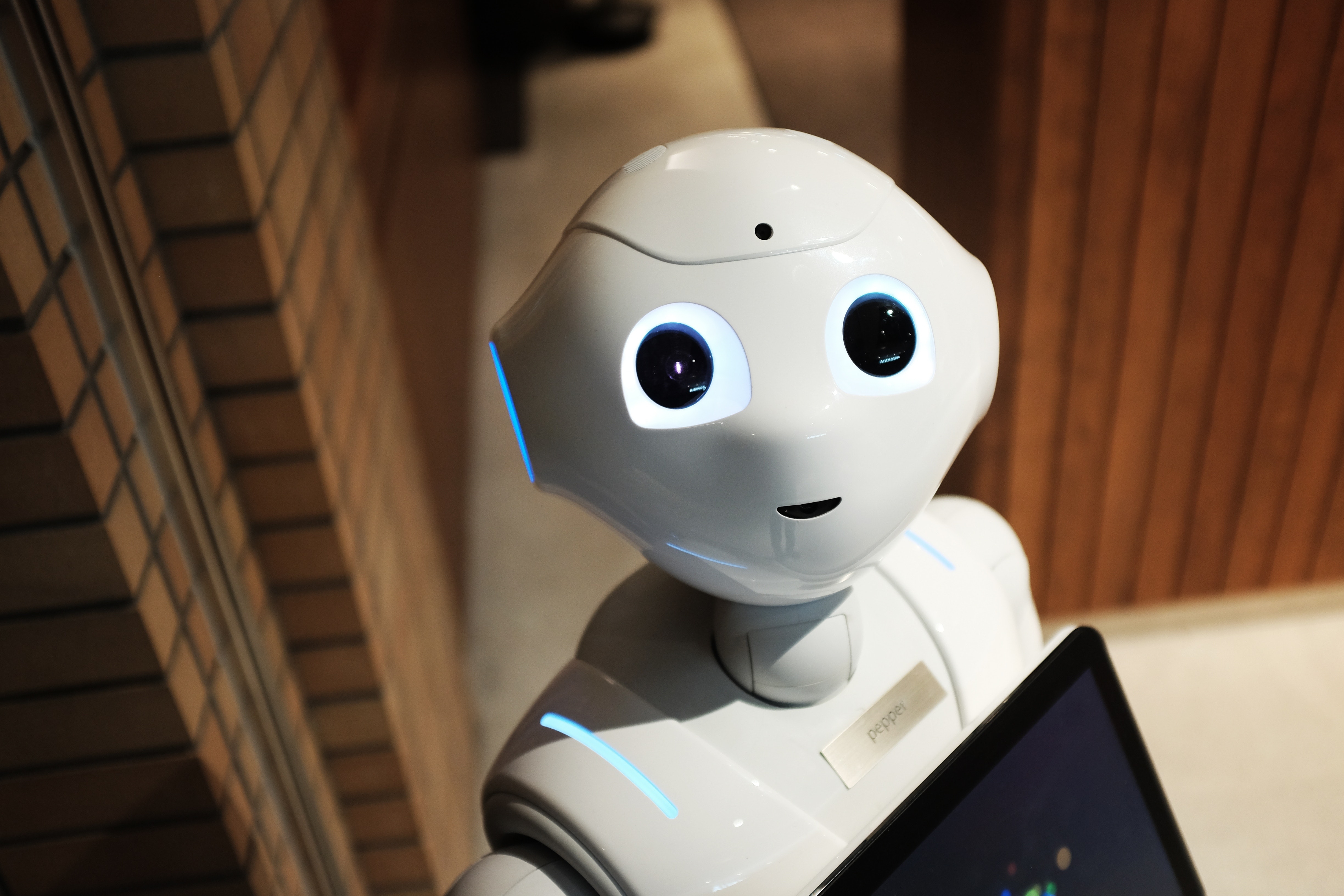In the customer journey, artificial intelligence is not set to replace human engagement, but rather to enhance and underpin it
 AI is by far the biggest hype I have seen in my career, and for good reason. It could revolutionize customer experience at a time when experience and service are in the final frontier in differentiation.
AI is by far the biggest hype I have seen in my career, and for good reason. It could revolutionize customer experience at a time when experience and service are in the final frontier in differentiation.
In the entire digital transformation of the world, we are spending over $1.2 trillion next year, and $6 trillion over the next four years. Much of this spend will focus on technologies that allow the enterprise to differentiate in the market and deliver exceptional customer experience.
An emerging Gen Z employee and customer base is changing engagement models with companies, using more channels and more self-service options. Customers around the world are using a variety of channels – with 97% of customers saying they are multi-channel users, and each customer using 5.6 channels on average.
By 2020, virtually all of the people who call in to a contact center will have already been on one of the organization’s other channels. When they call you, they have been trying to self serve themselves and they are out of options, yet what contact centers still do at this point is ask them ‘who are you and what do you want?’
This is no longer good enough in an environment when customer experience makes or breaks customer loyalty. Research has found that in the last year, 51% of people have switched brands due to poor customer service.
AI presents the hope of running customer engagement more efficiently, faster and more cost-effectively. A global survey found 90% of companies are deploying AI across some aspect of their customer journey, gaining massive shifts in productivity and an ability to use valuable insights to build deeper relationships with customers. While we have been using machine learning for years, we can now compute at a much larger scale than ever before, and AI comes into its own at large scale because, at the end of the day, it’s about data.
However, many people think AI is about a bot that will just solve everything – just plug it in a 24 hours later it will have learned everything it needs to know to solve problems. It won’t.
To deliver an exceptional customer experience, the strengths of AI are best blended with the empathy and problem-solving skills of humans. There is an opportunity to blend AI and human interaction because humans and bots are so different. Bots love replication and they are error-free, so they are ideal for invoicing and collection calls, or handling routine calls – for example, where a customer wants to change their address.
AI enables enterprises to predict call volumes and call routing needs and helps agents to work more effectively. But if a customer calls in because for example their family member just passed away and they are worried about health care or funeral arrangements, you may want a human to take the call and spend a moment consoling or showing empathy. So this is not an ‘either/or’, it’s an ‘and’. Somewhere down the road, the main thing an agent will do is show empathy and solve problems. Despite concerns over job losses, AI will likely generate more jobs than it will take, and it will augment customer experience and bring power to your agents.
AI can help organize and automate structures, processes, and conversations, but when it becomes complex and emotional, a human should take over. We call this ‘blended AI’ – AI with a human touch.
Companies can drive exponential customer experience value by combining predictive omnichannel routing, predictive digital engagement, workforce engagement and ‘Kate’ – a virtual assistant, running on a mobile app, who is virtually training herself, to seamlessly blend the best of AI-driven self-service capabilities and real-life employees.
By Merijin te Booij, chief marketing officer (CMO) at Genesys.
Merijn te Booij was a keynote speaker at the Genesys Blended AI Summit South Africa 2019, which was staged at the Maslow Hotel Johannesburg on 2 July.



